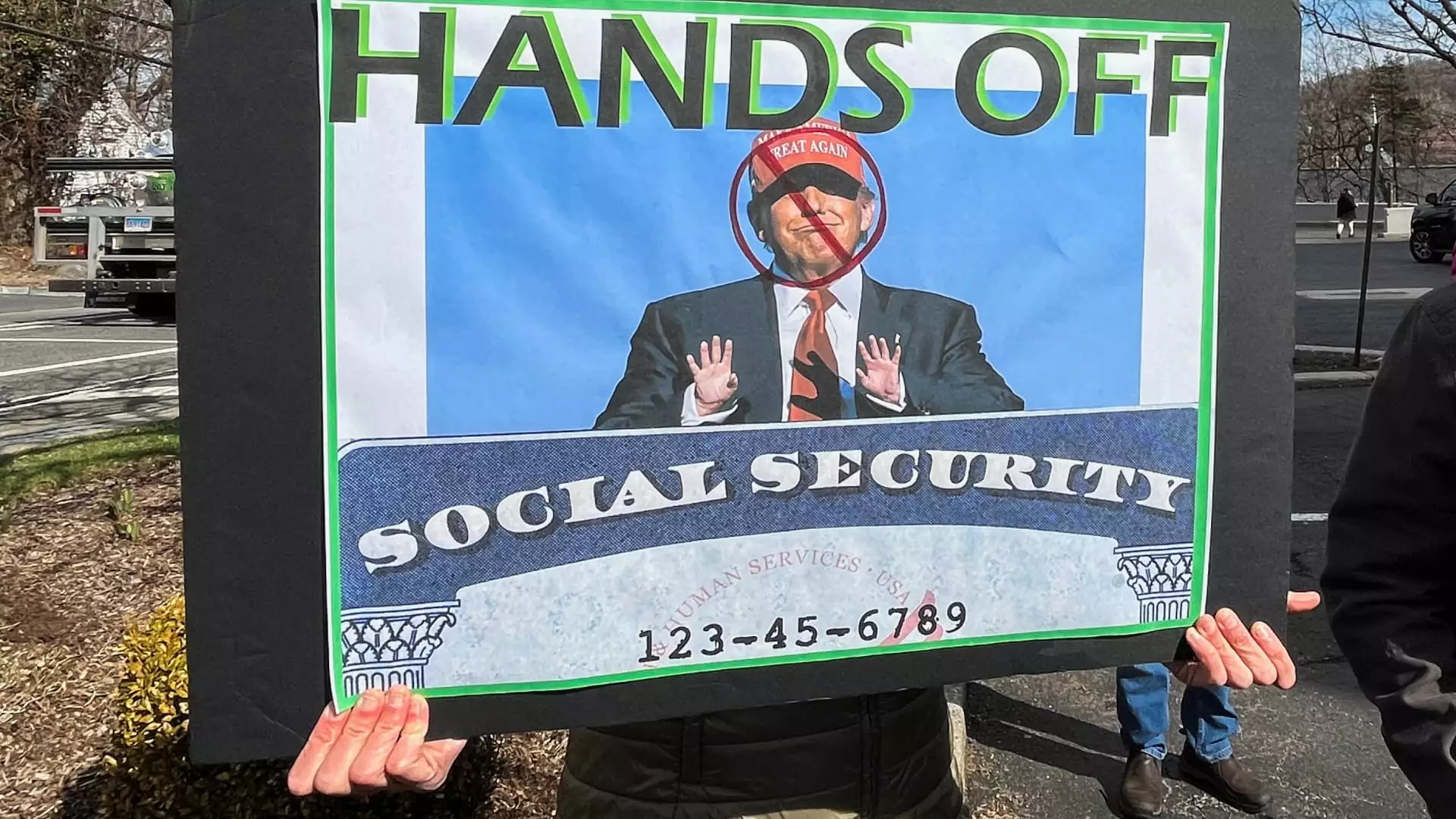Recently, U.S. District Judge Ellen Lipton Hollander made headlines with her decisive ruling to block the Department of Government Efficiency (DOGE) from accessing sensitive personal data held by the Social Security Administration (SSA). This incident raises substantial concerns related to privacy, governmental overreach, and the exploitation of public trust by institutions meant to serve us. It’s a grim reflection of a government apparatus potentially weaponizing personal information for opaque agendas, a risk that citizens should never take lightly.
The lawsuit, which has emerged as a beacon of hope for data privacy advocates, was supported by major labor organizations that identified alarming patterns of behavior from DOGE. The claims encompass violations ranging from the Privacy Act to the Social Security Act. The fact that powerful institutions feel emboldened enough to flout such significant regulations illustrates a breakdown in accountability that has become a recurring theme in recent years.
Guarding the Gates of Personal Data
Judge Hollander’s ruling is more than just a legal setback for DOGE; it is a clarion call emphasizing the importance of compliance with legislative frameworks that protect civilian privacy. The order stipulates that SSA workers involved with DOGE must receive training and undergo background checks before accessing any redacted data. This order serves as a critical reminder that despite technological advancements, the sanctity of personal information remains paramount. Any failure to uphold this standard is an infringement on the very rights we hold sacred.
There’s something deeply unsettling about the idea that federally sanctioned agents could rummage through the sensitive data of American citizens devoid of sufficient checks and balances. Whether one supports or opposes large governmental bodies, everyone should agree that personal data should remain untouched and strictly safeguarded.
The Implications of Overreach
In recent years, it has become increasingly popular for factions within the government to prioritize efficiency over ethics. This ruling sends a strong message to those operating under the misguided belief that expedient governance can come at the expense of civil liberties. With activists and organizations like Democracy Forward stepping into the fray, the scales of justice seem to be tilting back toward preserving citizens’ rights.
This situation creates a paradox: a government that claims to act in the best interest of its citizens while simultaneously undermining their privacy goes against the very tenets of democracy. Netizens and community members must stay agile in their vigilance against such overreach. The governance of data must mirror the trust relationship that citizens have with their government entities, and any breach in this relationship could have devastating consequences.
The Struggle for Accountability
The American public has become so adept at equating efficiency with better governance, often overlooking the ethical implications involved. This case not only sheds light on the actions of DOGE but also exposes the seemingly entrenched culture of negligence and detachment plaguing bureaucratic agencies. If individuals believe that government executives will act in their best interest, they must also be prepared to confront the possibility that systemic overreach can rear its ugly head.
The notion that public officials, including someone as influential as Elon Musk, could potentially exploit their roles to gain unfettered access to civilian data is chilling. This points to the necessity of rigorous oversight mechanisms that demand accountability at every level, lest the trust endowed upon leaders morphs into a license to infringe upon fundamental rights.
Safe Data: The Bottom-Line Demand
In this heated political landscape, the conversation must shift from merely advocating for efficiency toward a more balanced dialogue that weighs ethics equally. Organizations must remind citizens that efficiency cannot overshadow the importance of adhering to legal standards protecting privacy. If the American public wishes to remain a confident participant in a democratic society that values their autonomy, advocating for stringent data protection laws is imperative.
As we look ahead, it is evident that ongoing public discourse and legal scrutiny are essential in preventing further intrusions into personal privacy. This isn’t just about blocking access to sensitive data; it’s about reinforcing and respecting the boundaries that ensure a government remains a steward and not a predator of its citizens’ rights.

